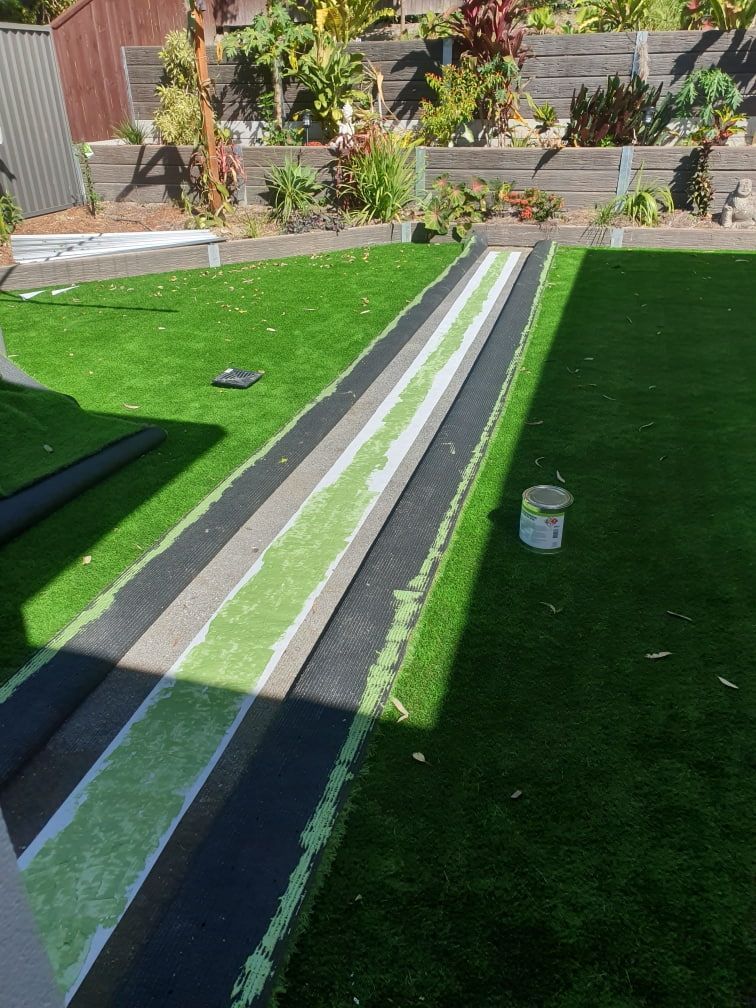Luxurious Flooring in Cairns
Dive into the durability and elegance of vinyl plank flooring in Cairns. This option balances practicality and aesthetics, making it ideal for bustling family homes and sleek, modern spaces alike.
Embrace the future with hybrid flooring, where the beauty of natural wood meets the resilience of composite materials. It's a smart choice for those who cherish style without compromising on strength.
Elevate your outdoor living areas with our outdoor flooring solutions. Whether you're after style, durability or a low-maintenance haven, our range is designed to enhance your exterior experience.
Experience the timeless charm of timber flooring. Our collection adds warmth and character to any room, promising a lifetime of cherished moments and a foundation of sophistication.
Discover Flooring Excellence
At Traditional Tiles and Flooring, we're here to guide you through an extensive range of flooring options, ensuring you find the perfect fit for every space. We offer expert installation services and care and maintenance guidance to ensure your flooring stands the test of time. Alternative flooring options include our bathroom, living room, decorative tile and outdoor tile range.
Visit our showroom for luxurious flooring in Cairns. Call us on (07) 4033 5520 and let's get started in Cairns, the Tablelands, Douglas Shire, the Cassowary Coast, Port Douglas, Palm Cove, Smithfield, Redlynch, Bentley Park, or Gordonvale.




